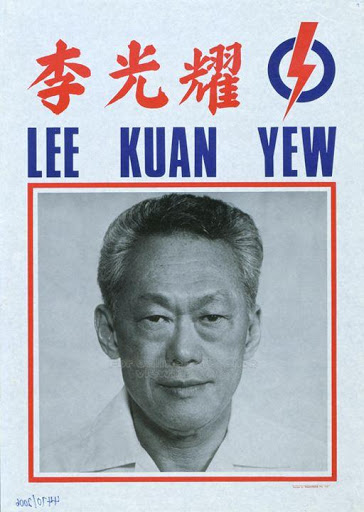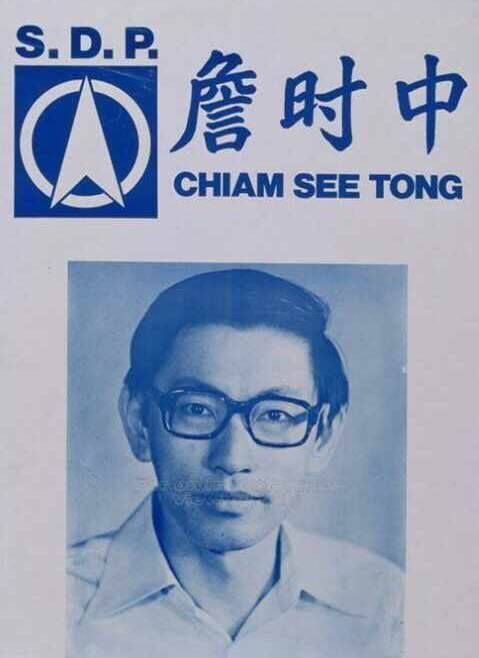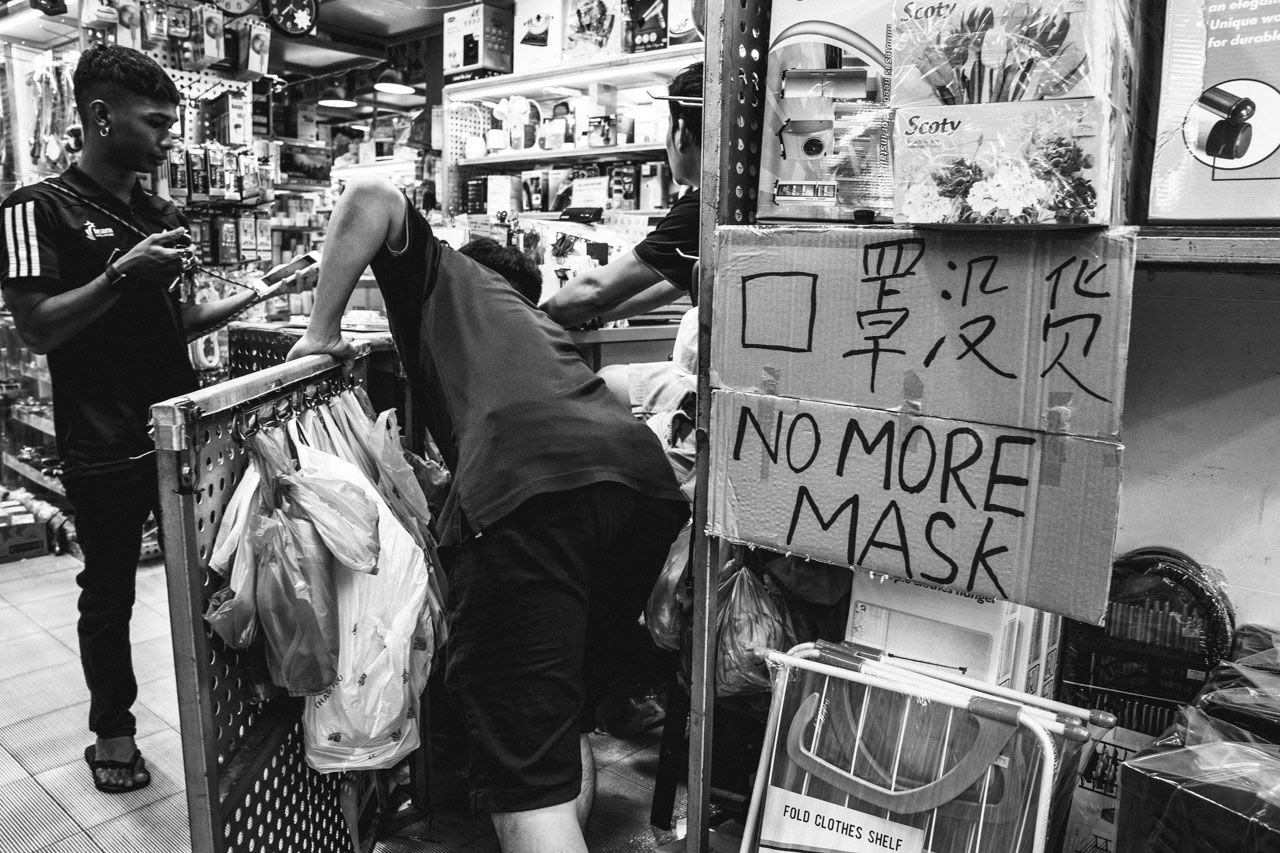Disclaimer: RICE does not endorse or support any political party in Singapore.
What’s true for eating is also true for voting, some pundits claim. This is the so-called ‘flight-to-safety’ theory of Singapore politics, sometimes also called the ‘crisis election’ effect.
Basically, it argues that recessions and periods of uncertainty favour the PAP, which has a proven track record in governance. On the flip side, economic stability leads to a clamour for reform, which results in more votes for our opposition.
‘Comfort voting’ was widely cited as one of the reasons for the PAP’s landslide in 2015, and its logic continues to hold sway today. Just a few days ago, PM Lee called GE2020 a ‘crisis election’ which will ‘alter the course of history’. His sentiments were echoed by Minister Zaqy Mohamad, who likewise cautioned against believing that a ‘flight-to-safety mentality’ would guarantee PAP dominance at the polling booth.
But does the flight-to-safety mentality exist? Or is it just another hypothesis?
The answer: Maaaaayyybe.

Contrast this with GE2011, when Foreign Minister George Yeo lost his seat in Aljunied GRC. This happened despite the previous year’s historic GDP growth of 14.526%.

However, there’s also evidence to the contrary. The 1997 general election helmed by Goh Chok Tong took place under unremarkable economic circumstances (8.32%), but the PAP nevertheless managed to increase its vote share. The Asian Financial Crisis was still 6 months away, but the electorate handed the PAP a strong mandate regardless.
Indeed, this is perhaps the strongest counterargument against the flight-risk theory. The 1991 election was considered quite a heavy loss for the PAP regardless because it ceded 4 seats to the emergent WP and SDP, while the 1997 was a landmark turnaround which supposedly halted the PAP’s slow decline.
Yet, GDP growth did not fluctuate much in the 1990s at all. It was strong and stable throughout. The range, according to World Bank data, was between 11.463% at its strongest (1993) and 6.64% at its weakest (1992). If there was indeed a clear economic cause, you might be hard-pressed to find it.
Beyond that math, it does feed into a certain stereotype of Singaporeans: that we are risk-averse, infantilized, and not very politically aware. What is ‘flight-to-safety’, after all, but a more polite way of saying that Singaporeans want to return to the PAP’s womb.
As recent events and the lively debate of GE2020 has shown us, this is possibly anything but the truth.
Write to us at community@ricemedia.co.






